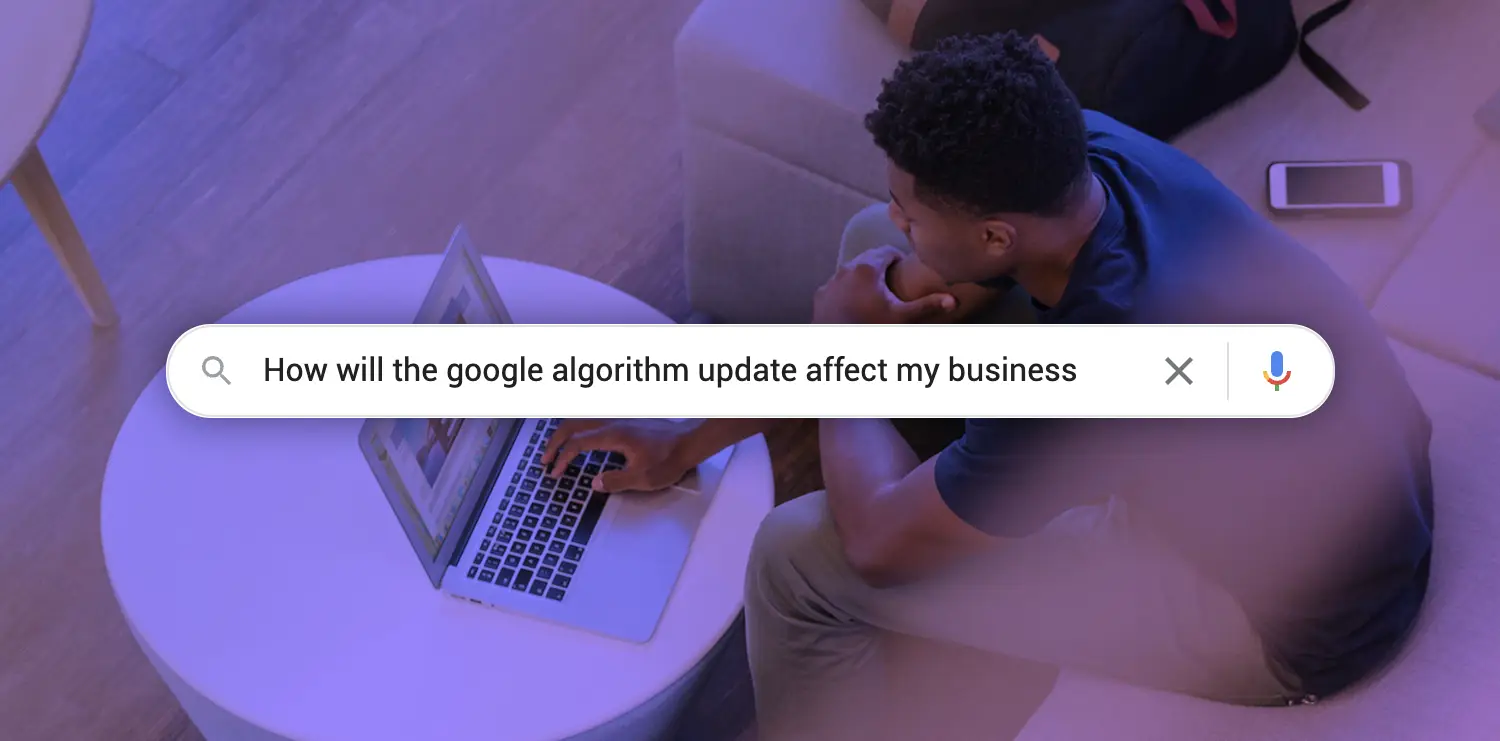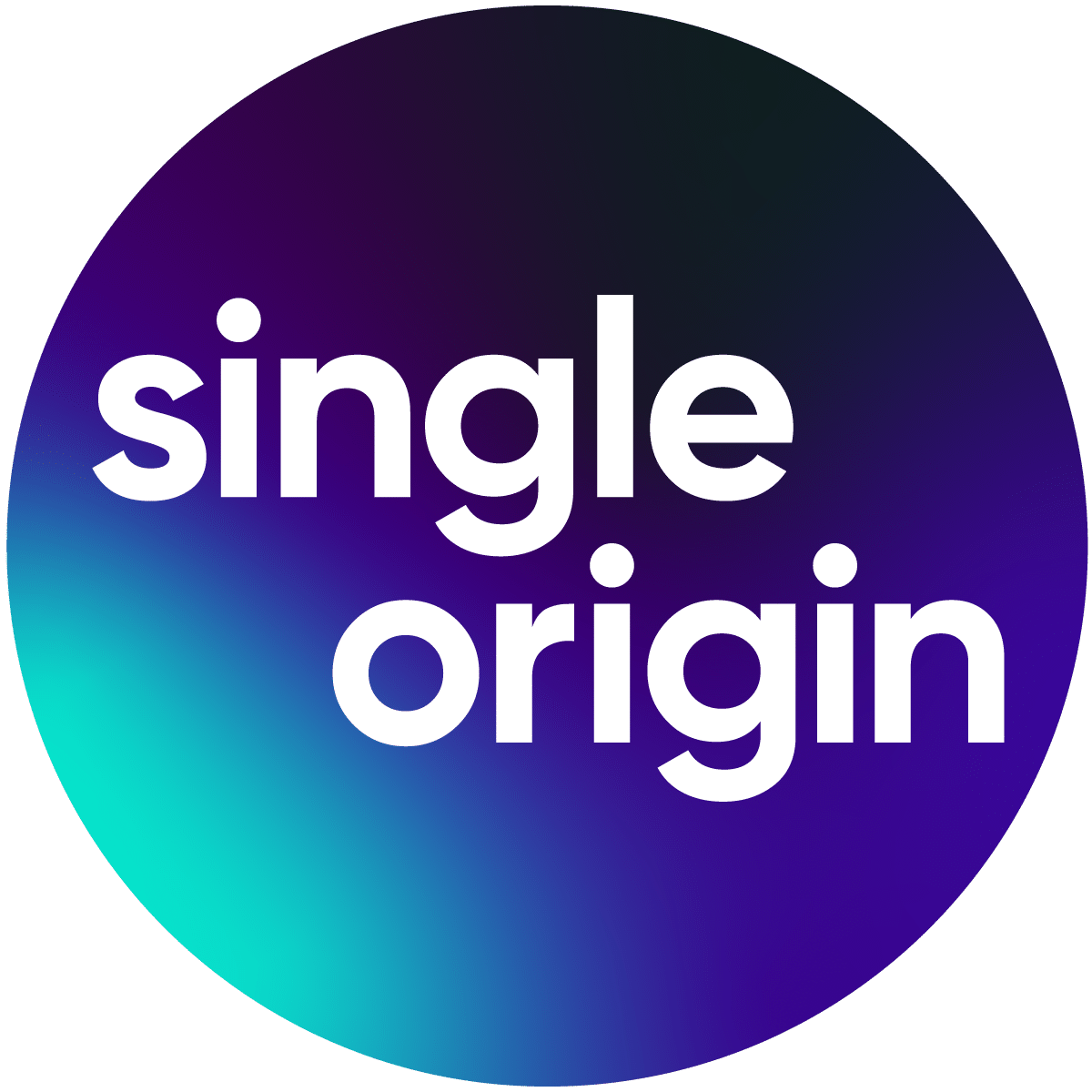Summary
To ensure that Google remains the go-to search engine, it consistently performs algorithm updates to improve its search results. Each Google algorithm change varies in scope and purpose. However, the one thing that remains consistent: these changes can greatly affect where a website ranks.
By understanding the latest Google algorithm updates, you can see what ranking factors Google considers important. From there, you can develop different strategies to help increase your ranking. This guide will cover the most recent updates, as well as some best practices in SEO management.
August 2022 – Helpful Content Update
Google rolled out yet another update in late August 2022, this time pertaining to content. The goal of this update is to ensure that search results are displaying original content written by people for people.
Websites with AI generated and/or irrelevant content could have been flagged and penalized during this update. Unlike some other updates, Google was very clear about how their systems would automatically identify content that they deem to have little value.
Some of Google’s suggestions on what to consider when it comes to content are as follows:
- Focus on people-first content
- Do you have an existing or intended audience for your business or site that would find the content useful if they came directly to you?
- Does your content clearly demonstrate first-hand expertise and a depth of knowledge (for example, expertise that comes from having actually used a product or service, or visiting a place)?
- Does your site have a primary purpose or focus?
- After reading your content, will someone leave feeling they’ve learned enough about a topic to help achieve their goal?
- Will someone reading your content leave feeling like they’ve had a satisfying experience?
- Avoid creating content for search engines first (reevaluate your strategy if your answer to any of the below questions is yes)
- Are you using extensive automation to produce content on many topics?
- Are you mainly summarizing what others have to say without adding much value?
- Are you writing about things simply because they seem trending and not because you’d write about them otherwise for your existing audience?
- Does your content leave readers feeling like they need to search again to get better information from other sources?
- Are you writing to a particular word count because you’ve heard or read that Google has a preferred word count?

July 2022 – Google Ads Update
PPC management is key to having successful ads on Google. Just like with its many other features, Google releases ad updates from time to time to improve the user experience. In July 2022, the site released a new text-to-speech feature that allows ad owners to add a voice-over to their YouTube ads. Google does this through its AI technologies, automatically translating text into natural-sounding speech. If you want to have proper PPC optimization in your videos, implementing this new feature is a great place to start. You can learn more about it here.
May 2022 — Core Update
In May 2022, Google released one of its core updates. These core updates bring significant changes to the search experience for users and are Google’s way of ensuring everything is up to date. As usual, Google remained quiet on what exactly constituted this update.
The search engine site emphasized that there are always essential things websites should have to keep a consistent ranking. These include:
- Valuable content that benefits readers
- Relevant keywords
- Valid links
- Optimized website load speed
- Desktop, tablet, and mobile-friendliness
- Lack of user-created spam
March 2022 — Product Algorithm Update
A month later, in March, Google released an update to its product reviews. The update pertained to sites that write and share reviews of products for their readers. This was in direct response to user feedback, where searchers reported they would prefer more detailed reviews with evidence of product usage. Since then, Google has rewarded reviews that are deemed informative, useful, and valuable to the reader.
As part of its new product review best practices, the site encourages product reviewers to post photos, videos, or audio evidence of their experience with the product. Doing so supports the knowledge and expertise of the reviewer, making the review more credible and trustworthy. It doesn’t end there, however. Google also encourages reviewers to include product benefits and drawbacks or comparisons to similar products. Lastly, the site advises that reviewers post links to several sellers of the product. This gives readers more options and opens doors to more opportunities for their buying journey. Essentially, the more detail that’s available, the higher Google will rank a product review.

February 2022 — Page Experience Update
In February 2022, Google rolled out a page experience update. Part of this update included a brand-new ranking factor that evaluates the user experience on your site. Here are some factors that this new update took into consideration:
- Core web vitals: Your website ‘vitals’ include the speed, responsiveness, and stability of your web pages’ loading speed. The goal is to have your web pages load as quickly and efficiently as possible.
- Mobile-friendliness: Mobile search accounts for 58% of Google access. As a result, it’s imperative to ensure all your web pages are mobile-friendly. The text should be readable, links should be easy to navigate, and content should load quickly every time.
- Hypertext transfer protocol secure (HTTPS): HTTPS secures a visitor’s connection with your site. Specifically, HTTPS offers encryption, data integrity, and authentication. Google recommends that all websites adopt HTTPS to protect users.
- Intrusive interstitials: When sites are not built with user experience in mind, certain interstitials, or page elements, can block page content. This can make it more difficult for users to interact with features on the site. In this update, Google prioritizes webpages that do not have these intrusive interstitials. The most common types are pop-ups. Sites that have multiple pop-ups tend to distract readers and lead to more bounce rates.
The key to having an optimal page experience is to make your web page as clear and easy to access as possible.
November 2021 — Local Search Update
In November 2021, Google focused on updating its local search feature. Specifically, the site said it was “rebalancing” a few different factors it considers when it displays local search results. Local search is important to consider if you are selling services to your surrounding community.
Ranking for local search makes it easier for potential customers to find you and purchase your services. The most important step to ranking highly is to set up and optimize your Google Business Profile (formerly Google My Business) to give your business clear credibility.
It’s also important to make sure all of your business information is up-to-date, complete, and verified. This includes your business address and contact information. You can see Google’s guidance on local search to further optimize your local rankings.

June 2021 — Spam Update
Spam has been a concern of Google ever since the search engine launched in 1998. Google defines a spam web page in this video as a “low-quality page that is artificially boosted in our results.” A page is considered low-quality if it uses factors like hidden keywords or URLs to get to the top results. Moreover, these web pages won’t provide any value to the reader.
In June 2021, Google rolled out an update to continue fighting spam. While the search engine site keeps its spam-fighting algorithms secret, they have shared best practices for websites to follow in light of this update. Part of these best practices includes avoiding the following tactics:
- Using automatically generated text: This involves using tools or programs that create content rather than having individuals write the content itself. Generated text will sound unnatural and provides no value to the reader. The text is also often stuffed with irrelevant keywords.
- Making use of link schemes: Link schemes are used to manipulate search results. These schemes could include the buying or selling of links, using automated programs to create links, or excessive link exchanges.
- Creating pages with malicious intent: Pages with malicious intent are often the most commonly associated with spam. These could include pages that would affect the user with any type of computer virus. Familiar examples include malware or ransomware.
To keep your SEO ranking up, ensure each page of content you create is filled with original, safe, and valuable content.
Reach Out to Single Origin
Google continues to release periodic algorithm updates in hopes of making the search engine site as valuable as possible for users. As a result, webmasters must be aware of changes as they occur so they can retain their high ranking. However, keeping up with all of these changes can be difficult on your own. Luckily, Single Origin knows what it takes to maintain a high ranking and strong digital presence on the site. Reach out to us today to get started!
